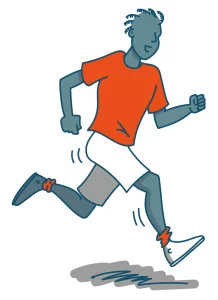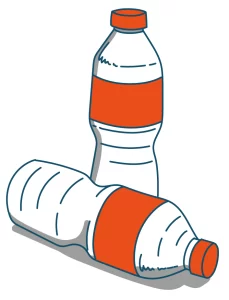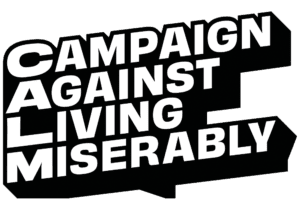Check what you know
Did you know?
Best practice tips
Check what you know
Did you know?
- One in four people will experience a mental health problem of some kind each year.
- One in six people report experiencing a common mental health problem (like anxiety and depression) in any given week.
- In 2023, males aged 45-49 years were found to have the highest suicide rate.
We often deal with situations both at work and at home which cause us frustration, anger, hurt and grief.
Our changing moods and emotions can influence our decision making and driving behaviours.
It’s important to recognise how we feel before we get behind the wheel.
![]() It’s important to be realistic about whether you are ‘fit to drive’.
It’s important to be realistic about whether you are ‘fit to drive’.
Everyone feels down, sad or stressed at times talking to someone can help.
![]() Don’t let your mental health be a serious risk to you or other road users.
Don’t let your mental health be a serious risk to you or other road users.
Best practice tips
Do you:
- not feel quite yourself – overreacting to the behaviours of other road users?
- feel impatient – demonstrating unsafe driving behaviours e.g. tailgating, or flashing your lights at vehicles in front?
- feel distracted – thinking about a conversation or situation , and not focused on the road?

Regular exercise
improves mood and increases endorphins in the system.
Try running, swimming, cycling, weights or even just a good walk!
If your mood starts to affect your safe driving and judgement, try the following to help:
- Recognise the signs and take control.
- Use breathing exercises to calm yourself and steady your thinking.
- Pace yourself and allow more time to improve your decision making.
- Find a suitable, safe place to stop, get out of the vehicle, move around, and take a break.
- Only start driving again once you feel in control again.
 Mental health issues and physical health issues often go hand in hand which can increase the impact on road safety. Mental health issues:
Mental health issues and physical health issues often go hand in hand which can increase the impact on road safety. Mental health issues:
- are often emotionally and physically tiring, coinciding with sleep problems – arrange a suitable sleeping environment where you can have adequate and quality sleep
- often cause changes in appetite – prepare ahead and opt for healthier options of drink, food and snacks
- can lead to self-medication through drink and/or drugs – always seek advice of a professional medical expert before taking any over the counter medication
 Need to unload?
Need to unload?
0800 58 58 58 or thecalmzone.net/help
5pm – midnight, every day • Free • Confidential • Anonymous
Categories


Crown Copyright 2025
You may re-use this information (not including logos) free of charge in any format or medium, under the terms of the Open Government Licence.
To view this licence, visit www.nationalarchives.gov.uk/doc/open-government-licence